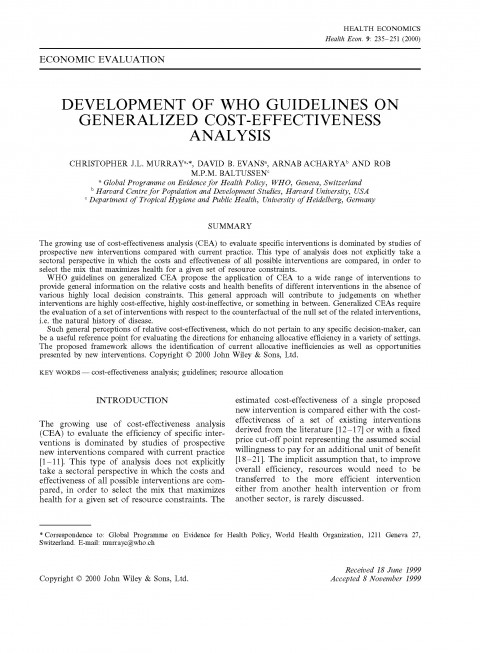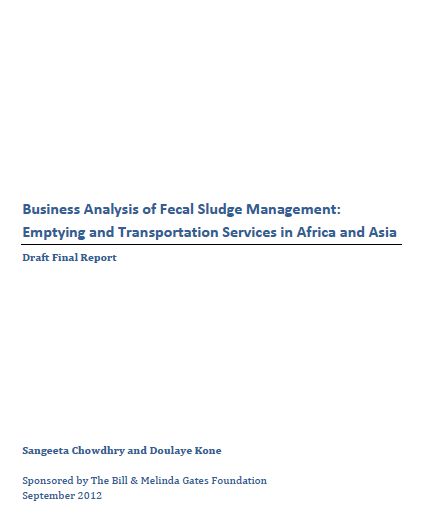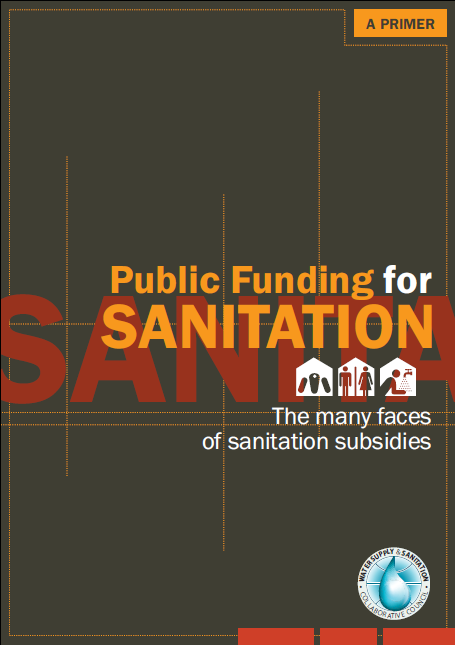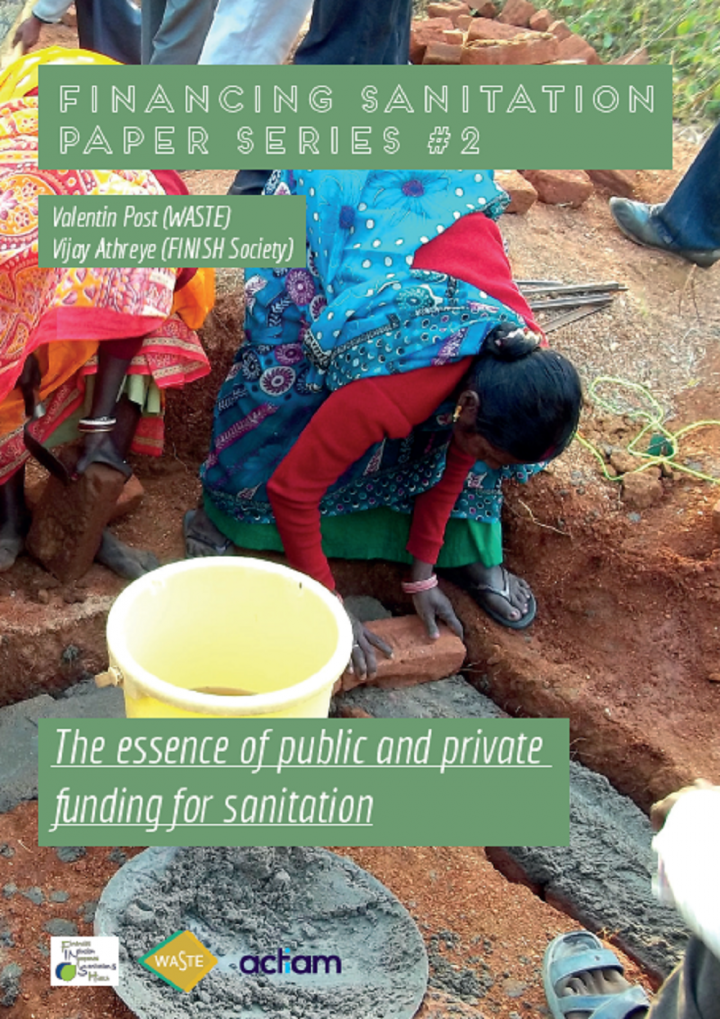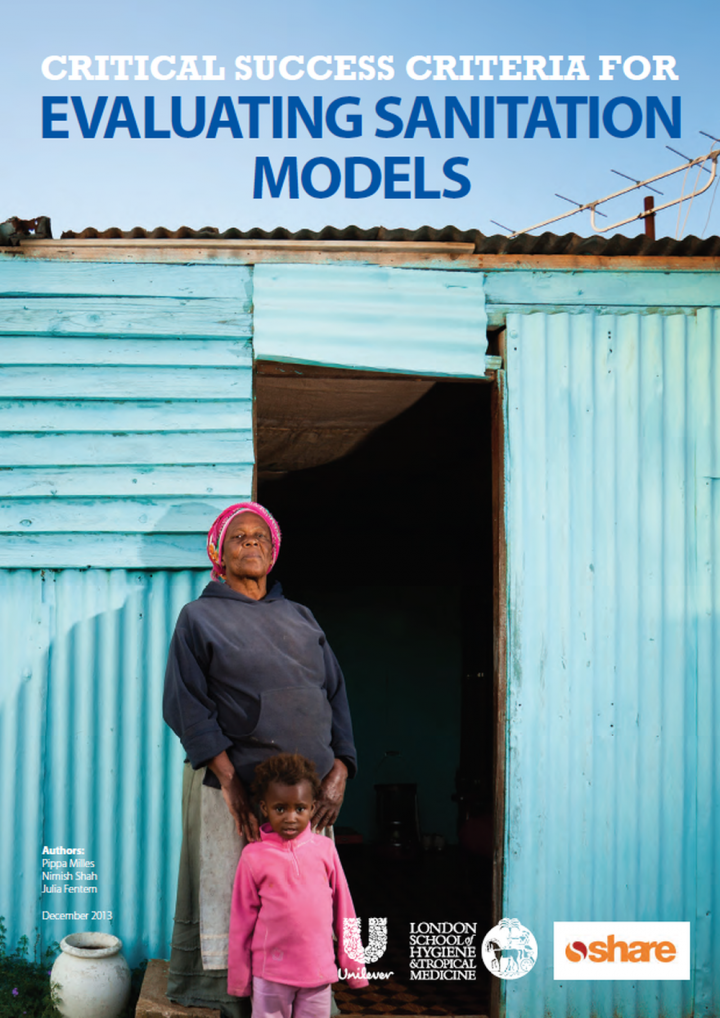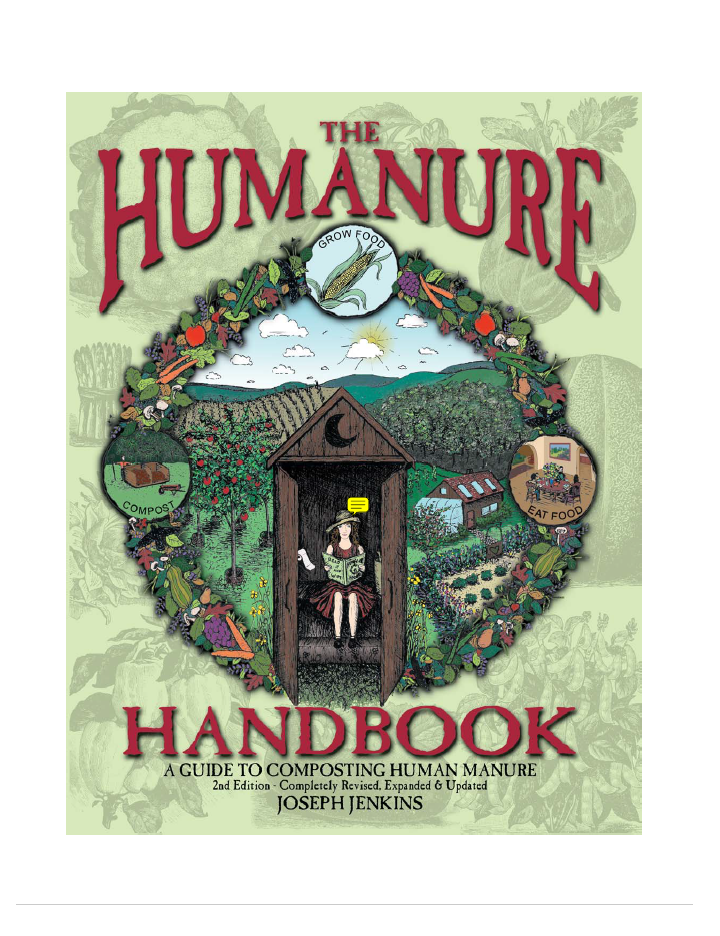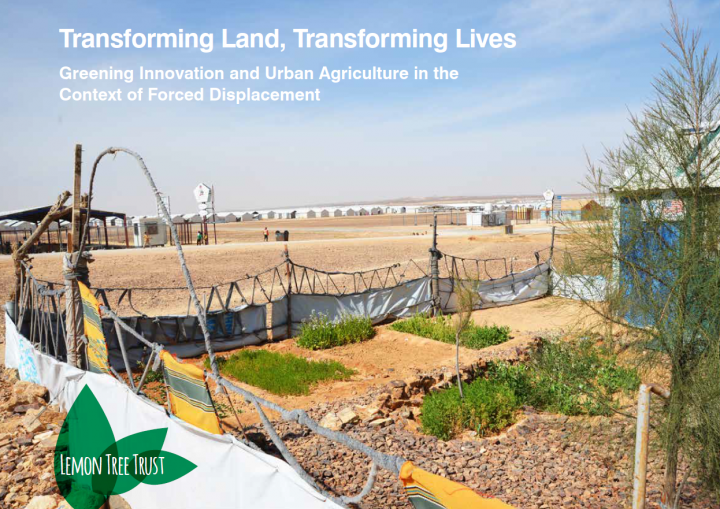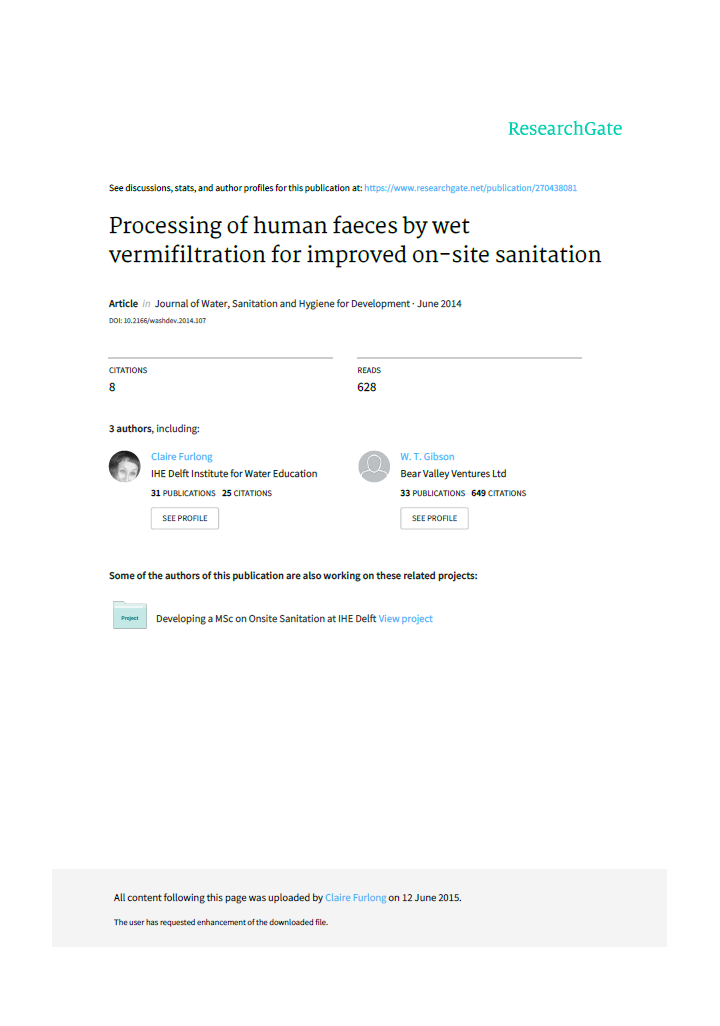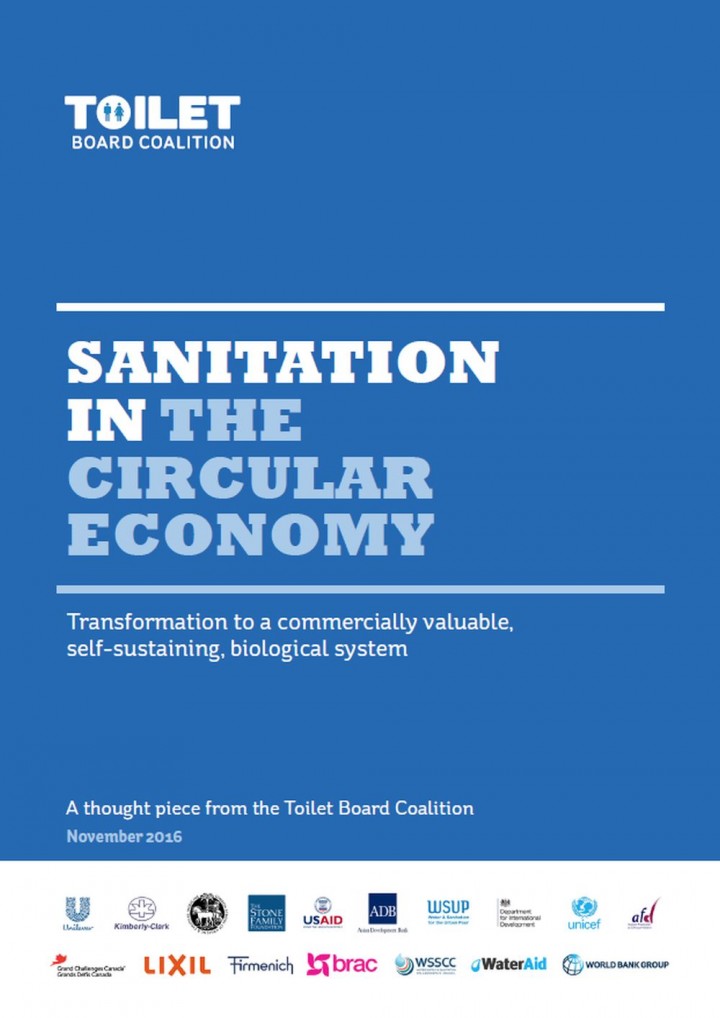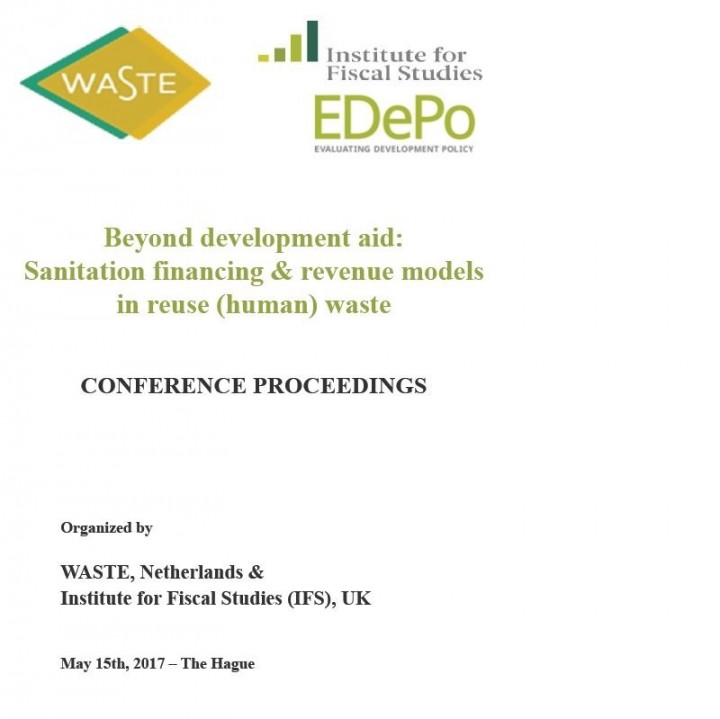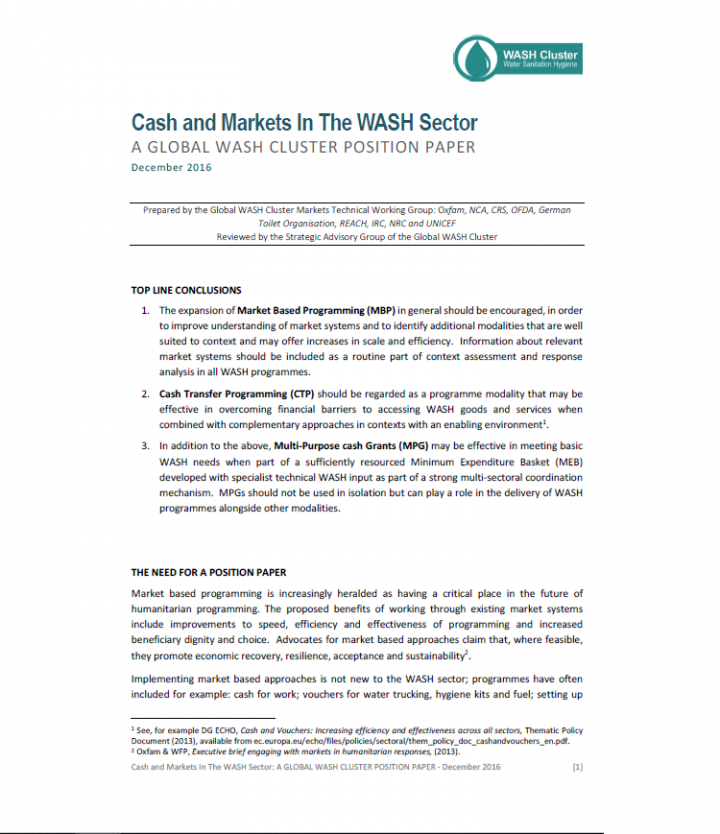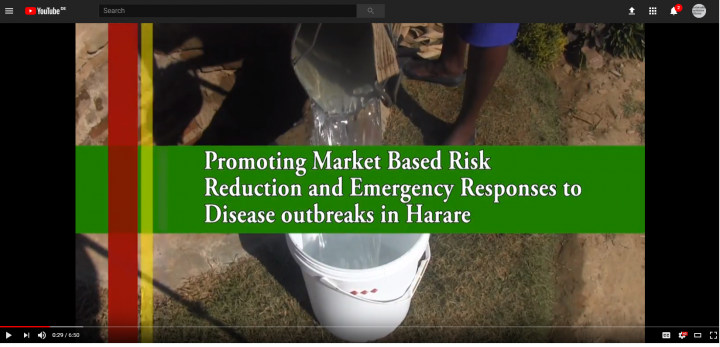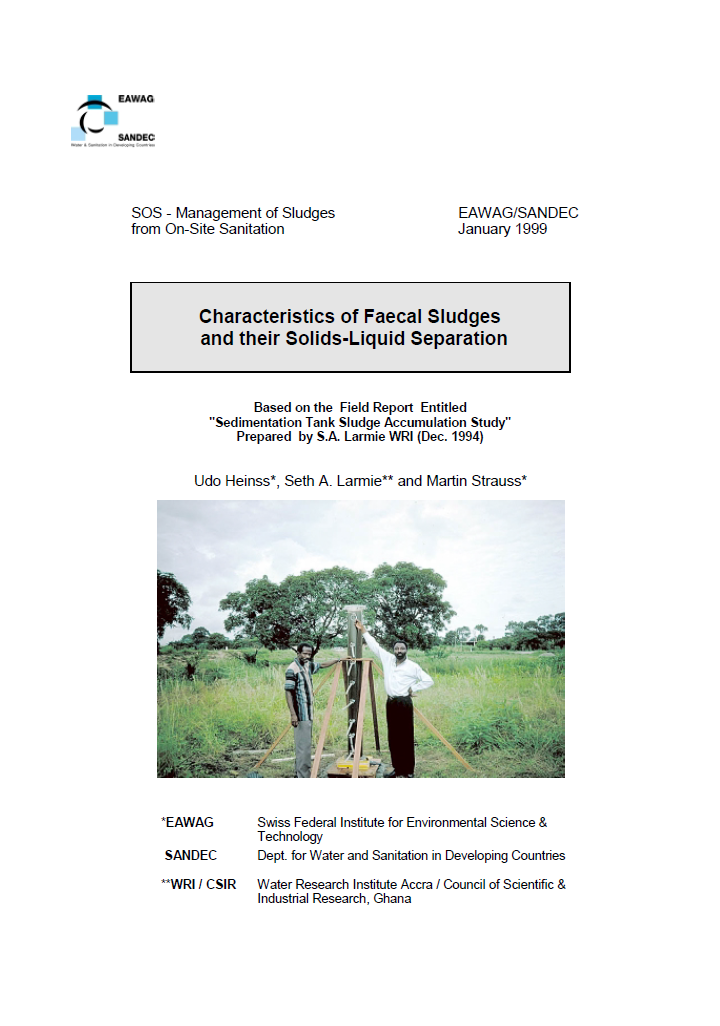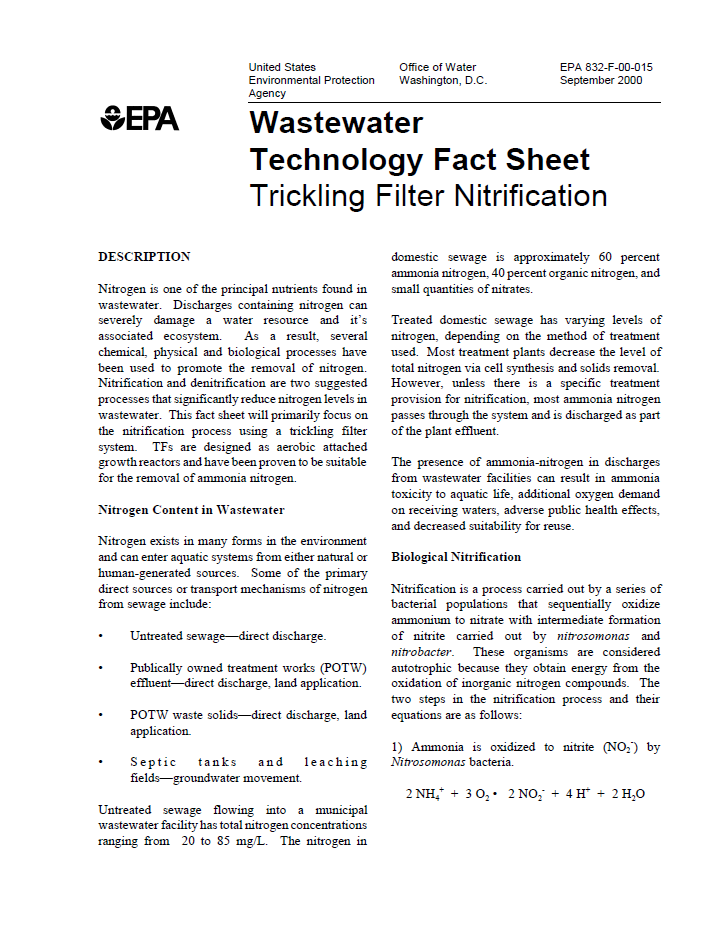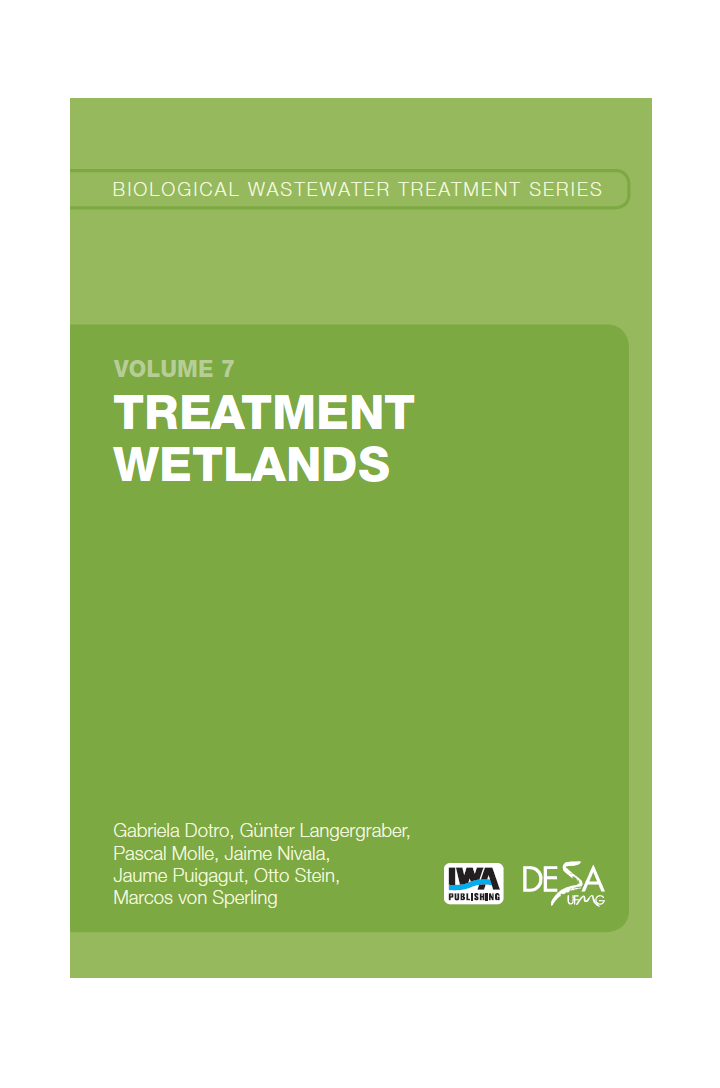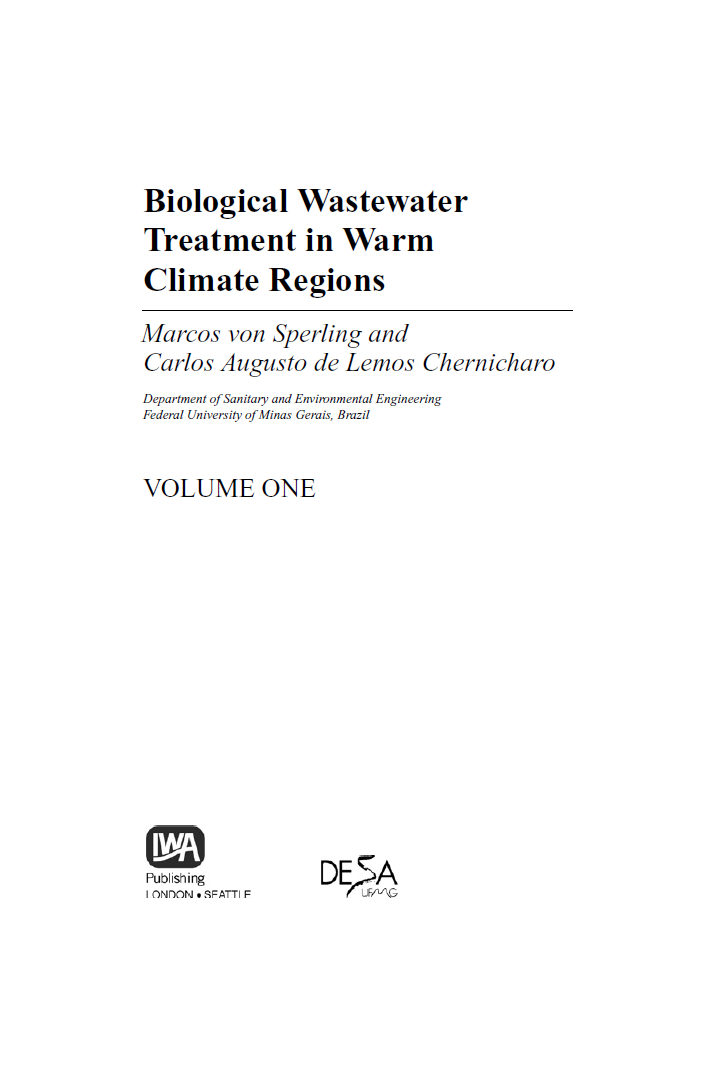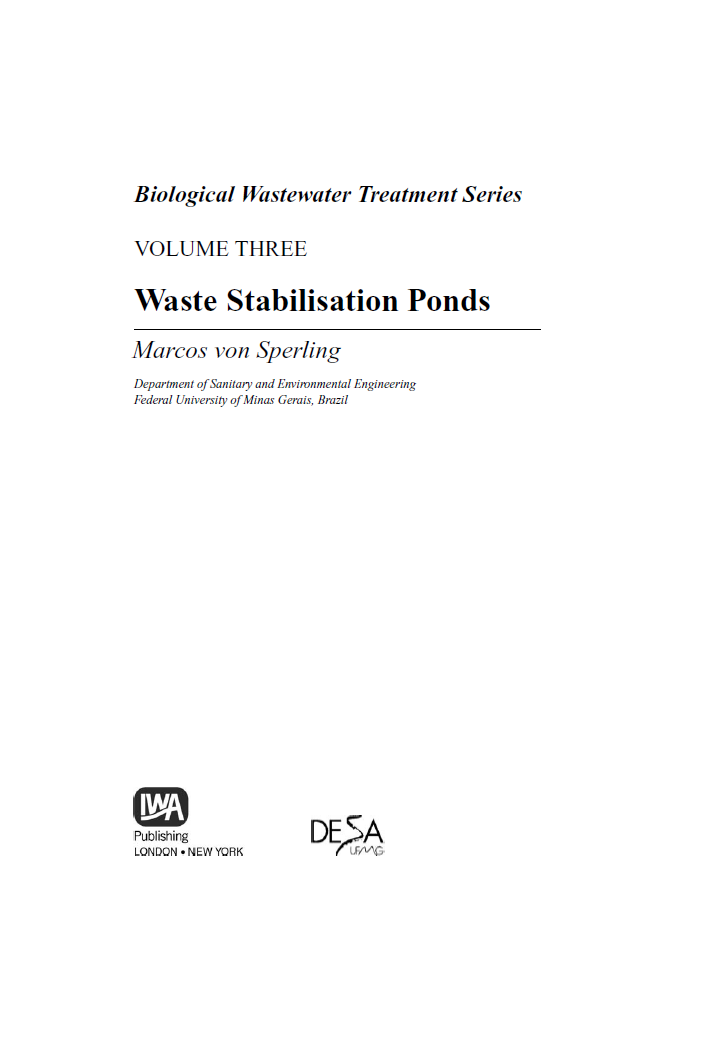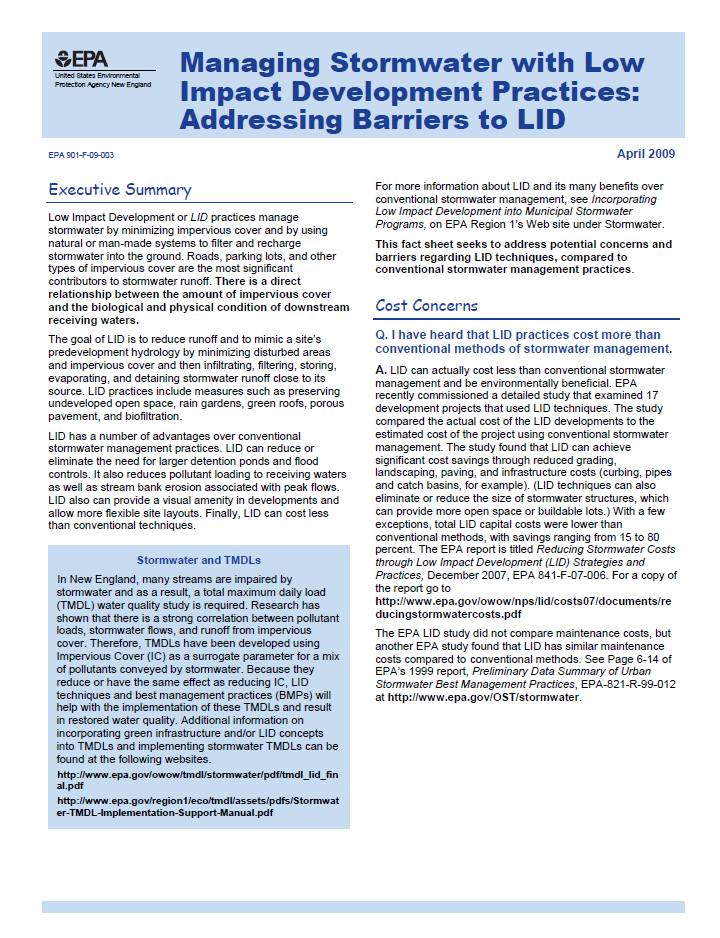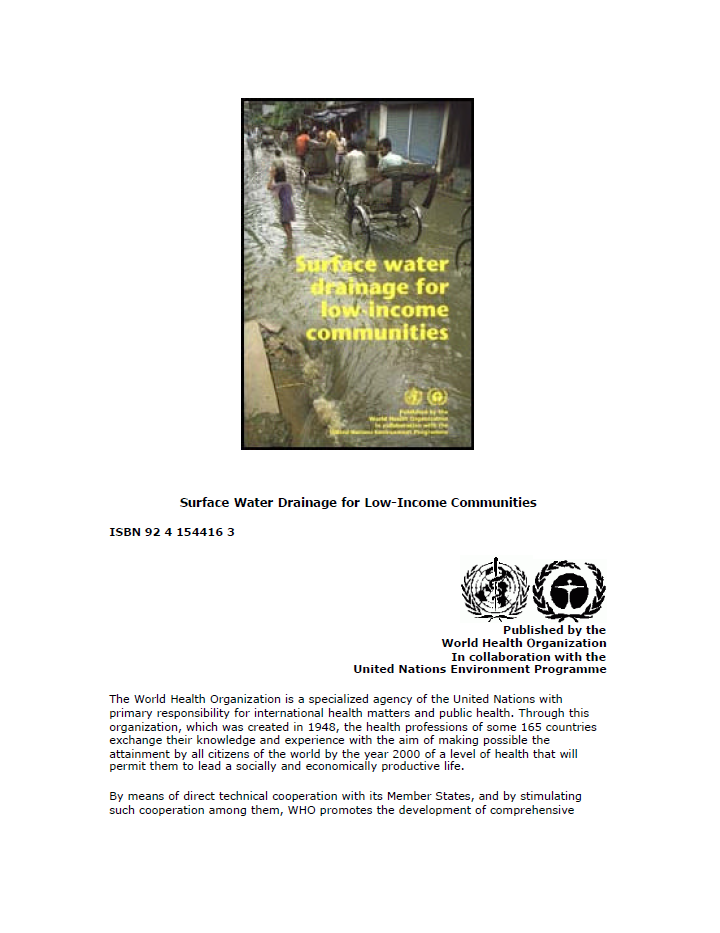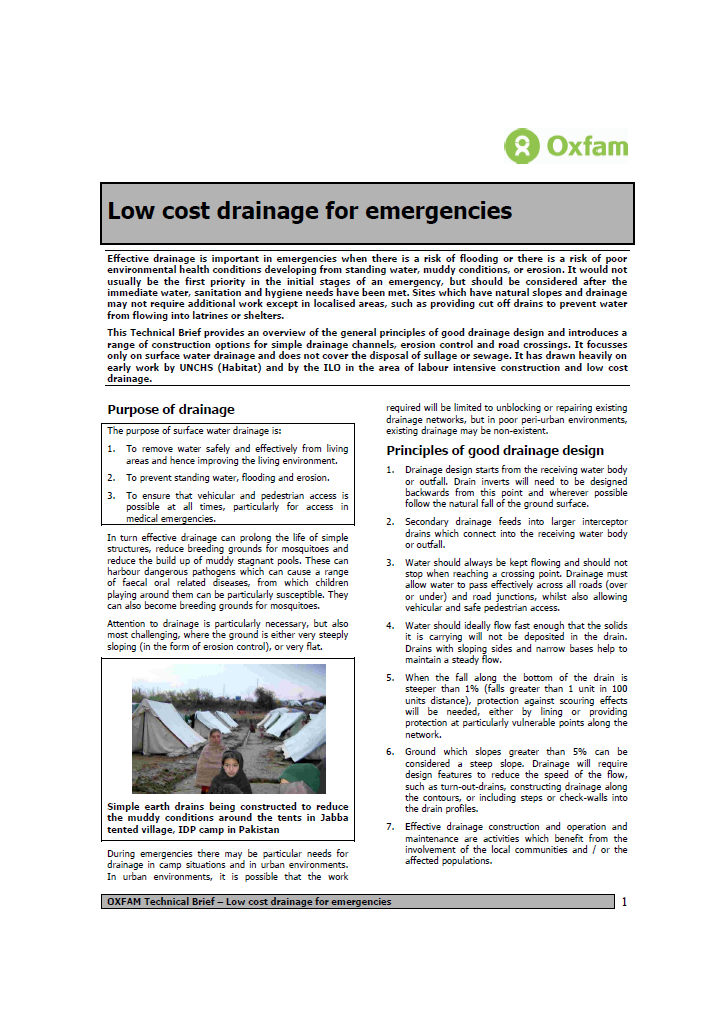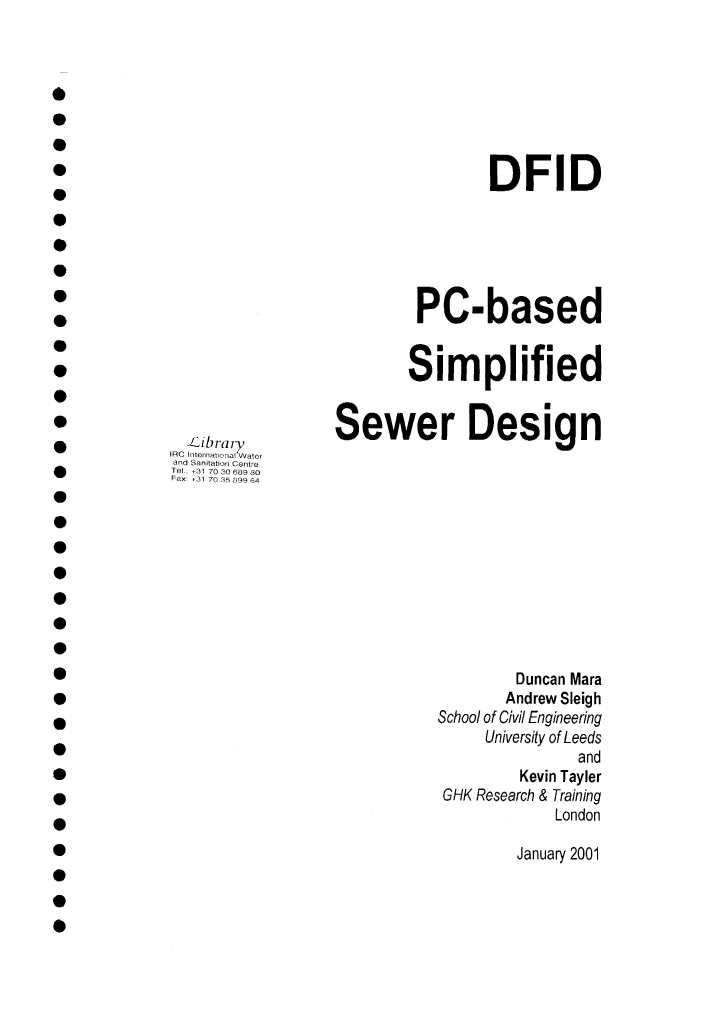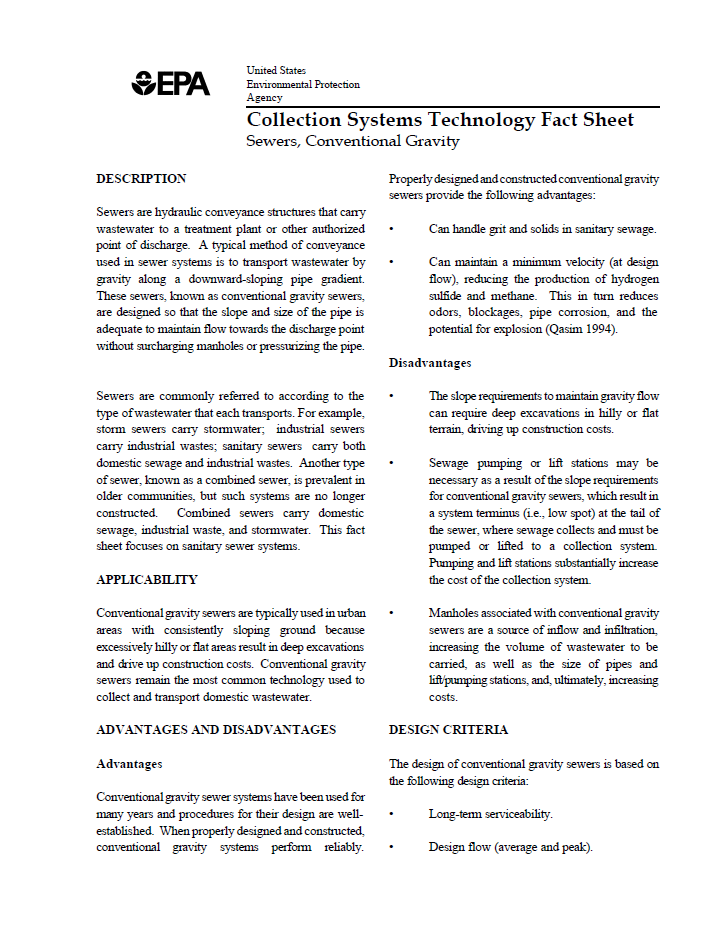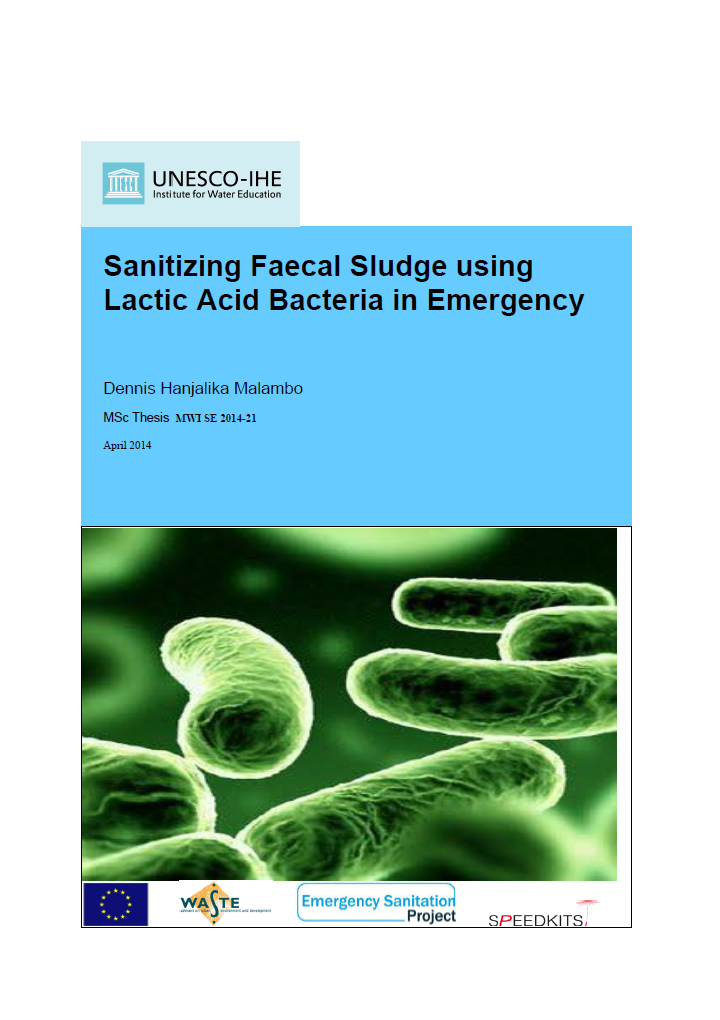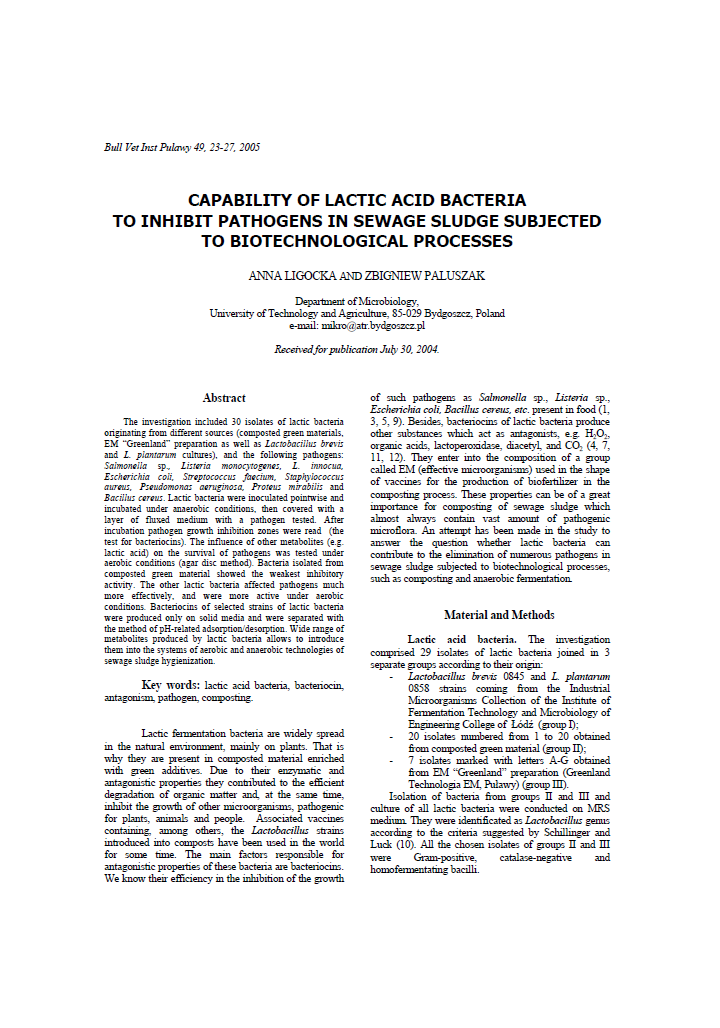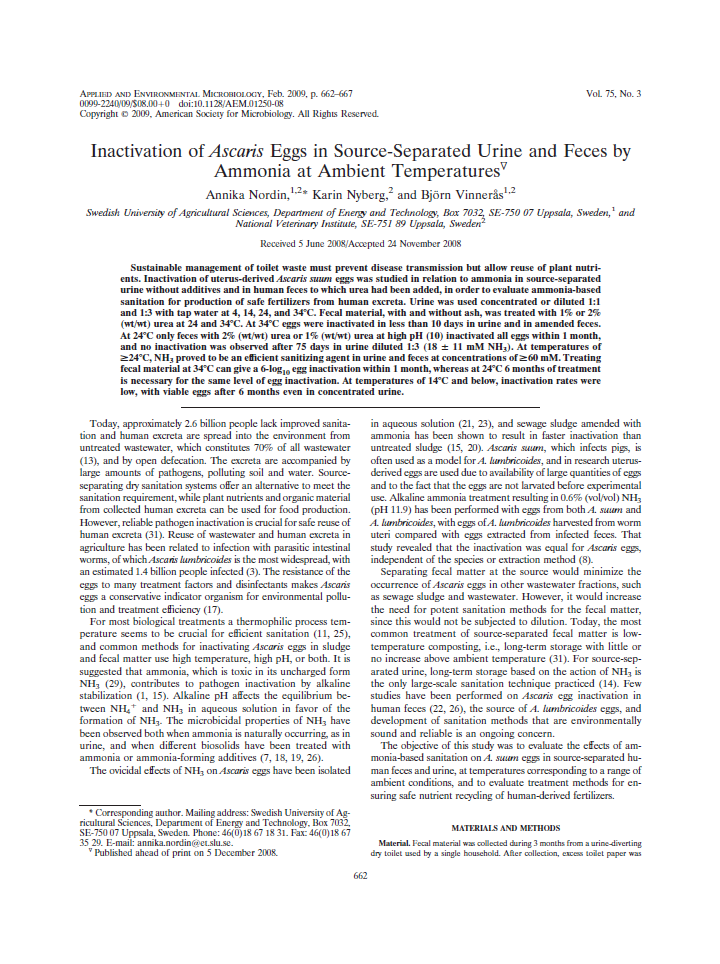Searching for information on Sanitation Workers?
The Sanitation Workers Knowledge + Learning Hub is the best source for all current news, trends, articles and updates on sanitation workers rights around the world.
The Financing Sanitation Paper Series is a unique collection of six articles about different aspects of sustainable financing of sanitation (in emerging markets) - from financial inclusion to private funding and from micro insurance to climate financing. “The essence of public and private funding for sanitation” is the second in a series of six papers on sustainable financing of sanitation.
Unilever believes that business has a role to play in solving the global sanitation crisis that leaves 2.5 billion people without access to improved sanitation. In 2012, Unilever convened the Toilet Board, a group of likeminded companies, NGOs and research professionals, with expertise in sanitation and a desire to take immediate action to address this issue. The Toilet Board aims to foster …
“Human waste” is a term that has traditionally been used to refer only to human excrements, namely fecal material and urine, which are by-products of the human digestive system. When discarded, these materials are colloquially known as human waste. When recycled for agricultural purposes, however, they’re known by various names, including night soil (when applied raw to fields in Asia) and …
Greening innovation and urban agriculture can bring dignity, empowerment and food sovereignty to refugee communities. Simple technologies and waste recovery make these techniques cost effective and adaptable. Both should be central to designing, implementing and sustaining both refugee camps and overcrowded urban areas. This report examines current and potential use of greening innovation and …
The use of a vermifilter containing Eisenia fetida to degrade human faeces in a continuous wet system was explored. This paper aimed to understand the formation of vermicompost within the system, the quality of the effluent produced, and the effect of different bedding matrices. Eight filters were constructed, utilising four different bedding materials: four of these systems were seeded with 400 …
In 2016 the Toilet Board Coalition ran a feasibility study to explore the potential role of sanitation in the circular economy. The following questions were at the centre of our inquiry:
• Are there products or materials of value being upcycled from toilet resources?
• Are there scalable business models to deliver sustainable supply of these products to the market?
• Is there …
The Institute for Fiscal Studies, in collaboration with WASTE, organized the conference “Beyond Development Aid: Sanitation Financing & Revenue Models in Reuse (human) Waste” in The Hague, Netherlands, the 15th of May 2017.
This conference brought together from different parts of the world; academics, practicioners and policymakers with the aim to generate knowledge regarding sanitation …
Market based programming is increasingly heralded as having a critical place in the future of humanitarian programming. The proposed benefits of working through existing market systems include improvements to speed, efficiency and effectiveness of programming and increased beneficiary dignity and choice. Advocates for market based approaches claim that, where feasible, they promote economic …
Nitrogen is one of the principal nutrients found in wastewater. Discharges containing nitrogen can severely damage a water resource and it’s associated ecosystem. As a result, several chemical, physical and biological processes have been used to promote the removal of nitrogen. Nitrification and denitrification are two suggested processes that significantly reduce nitrogen levels in wastewater. …
Treatment wetlands are natural treatment technologies that efficiently treat many different types of polluted water. Treatment wetlands are engineered systems designed to optimise processes found in natural environments and are therefore considered environmentally friendly and sustainable options for wastewater treatment. Compared to other wastewater treatment technologies, treatment wetlands …
The implementation of wastewater treatment plants has been so far a challenge for most countries. Economical resources, political will, institutional strength and cultural background are important elements defining the trajectory of pollution control in many countries. Technological aspects are sometimes mentioned as being one of the reasons hindering further developments. However, as shown in …
The present series of books has been produced based on the book "Biological wastewater treatment in warm climate regions", written by the same authors and also published by IWA Publishing. In this version, the books aim at presenting consolidated technology based on worldwide experience available at the international literature. However, it should be recognised that a significant input comes from …
Many low-income communities in developing countries consider stormwater dra inage to be their most urgent need as far as urban infrastructure is concerned. This is partly because their houses are often built on unsuitable land. In areas sufficiently close to the city centre for the journey to work to be affordable, land prices tend to be beyond their means. The only land they can afford, or on …
Effective drainage is important in emergencies when there is a risk of flooding or there is a risk of poor environmental health conditions developing from standing water, muddy conditions, or erosion. It would not usually be the first priority in the initial stages of an emergency, but should be considered after the immediate water, sanitation and hygiene needs have been met. Sites which have …
Simplified sewerage is an important sanitation option in peri-urban areas of developing countries, especially as it is often the only technically feasible solution in these high-density areas. It is a sanitation technology widely known in Latin America, but it is much less well known in Africa and Asia. It is the purpose of this Manual to disseminate this technology more widely in the developing …
Sewers are commonly referred to according to the type of wastewater that each transports. For example, storm sewers carry stormwater; industrial sewers carry industrial wastes; sanitary sewers carry both domestic sewage and industrial wastes. Another type of sewer, known as a combined sewer, is prevalent in older communities, but such systems are no longer constructed. Combined sewers carry …
Providing safe excreta collection and disposal in emergency situations has remained one of the most urgent priorities in the disaster relief effort. This is because of the high risk to human health that exposed and unsanitized human excreta pose. With an increase in the frequency and intensity of natural disasters in recent years, humanitarian aid and related organisations worldwide are currently …
The investigation included 30 isolates of lactic bacteria originating from different sources (composted green materials, EM “Greenland” preparation as well as Lactobacillus brevis and L. plantarum cultures), and the following pathogens: Salmonella sp., Listeria monocytogenes, L. innocua, Escherichia coli, Streptococcus faecium, Staphylococcus aureus, Pseudomonas aeruginosa, Proteus mirabilis …
Sustainable management of toilet waste must prevent disease transmission but allow reuse of plant nutrients. Inactivation of uterus-derived Ascaris suum eggs was studied in relation to ammonia in source-separated urine without additives and in human feces to which urea had been added, in order to evaluate ammonia-based sanitation for production of safe fertilizers from human excreta. Urine was …

